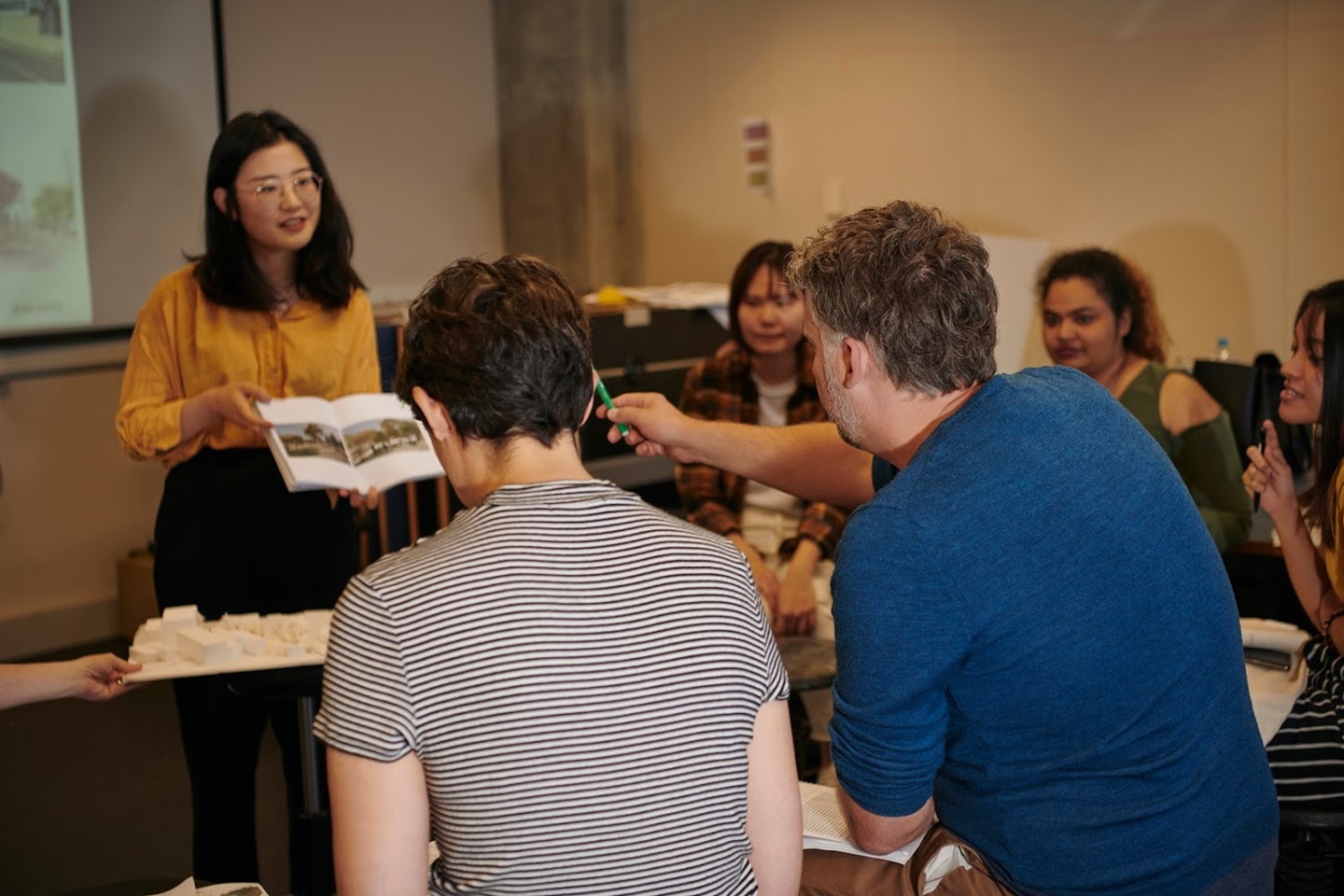Finished your bachelor’s degree and want to continue study? Perhaps your dream career requires professional accreditation? Postgraduate degrees provide the opportunity for you to take the next step in your career by deepening your knowledge in an area or open yourself up to new career pathways. Studying a postgrad degree could also be a way to expand your educational horizons or take up a subject you enjoy. So, how do you choose which course? Thinking about what you want to gain out of your postgrad degree should help make the decision easier.
If you want to expand or update your industry knowledge
Consider a:
If you want to focus on a specialised area or change careers
Consider a:
If you want to gain professional accreditation
Consider a:
If you want to contribute to specialist knowledge
Consider a:
MICRO-CREDENTIAL
If you’re interested in upskilling in an area with the option of gaining university credit, micro-credentials may be for you. Micro-credentials are short professional qualifications that demonstrate your knowledge and experience in a given subject area. These qualifications can be completed as a one-off or you can stack multiple micro-credentials to convert to academic credit towards a course. Designed to meet students’ flexibility requirements, micro-credentials focus on skills that are in high demand by employers and industry, and provide the opportunity to update, upskill or reskill.
GRADUATE CERTIFICATE
A graduate certificate, or ‘grad cert’ for short, often includes four units and can be completed in as little as one semester of full-time study (six months) or spread out over up to two years if you want to study part time. This timeframe makes them particularly appealing to working professionals, parents or people who aren’t really sure about their choice just yet. They give you fundamental knowledge in an area, so they’re a great way to be introduced to a new discipline or develop your existing skill set from your first degree. If you haven’t already completed a degree but have professional experience, you may be eligible for entry to a graduate certificate, which can be used as a standalone qualification or as a stepping stone to a graduate diploma and/or coursework master’s degree.

GRADUATE DIPLOMA
A graduate diploma, or ‘grad dip’ for short, is usually eight units (one year of full-time study) or up to four years if you complete one unit per semester. These build on what you learn in a graduate certificate, with more in-depth knowledge, so they’re a good option if you’d like to return to study but don’t have the time required for a coursework master’s degree. Your graduate diploma can be used as a qualification by itself or can lead into a master’s at a later date.
COURSEWORK MASTER
A coursework master’s degree is a great choice if you want to advance your career prospects and stand out in your chosen profession. Normally running 1.5 to two years full time (or part-time equivalent), they are highly regarded by employers for the high level of specialised industry knowledge and skills they provide.
Another advantage of a coursework master’s degree is you can choose the course type that best suits you:
- Master’s by coursework: you’ll take units involving class attendance, readings, assignments and exams, similar to undergraduate studies but at an advanced level
- Master’s by coursework and dissertation: your course will include both coursework and research (up to 66.6%) components
Or, there are more research-intensive course types covered below.
HIGHER DEGREE BY RESEARCH: RESEARCH MASTER’S, PhD or PROFESSIONAL DOCTORATE
If you enjoy working independently and have a specific interest in a topic that you’d like to explore and make your own new and unique contribution, then embarking on a higher degree by research could be for you. You should be curious, driven and naturally drawn to a deep intellectual challenge. Your unique creativity and critical thinking will help you contribute original scholarship to a topic, and you’ll be closely mentored by a world-leading supervisor throughout your candidature.
You can opt to study a research master’s degree:
- Master’s by thesis and coursework: Your course will include both research (more than 66.6%, but less than 100%) and coursework components
- Master’s by research: Your course will consist of supervised research
Or if you want to contribute to the knowledge base of your chosen area, you can choose a doctorate. It’s the pinnacle of expertise – one of the highest qualifications you can achieve – and usually takes three to four years full time (or part-time equivalent). Options include a PhD or, in certain fields, a professional doctorate, which can include a piece of professional work and/or a structured coursework component.
Ready to choose your postgraduate course? We've added more than 40 degrees to our existing list of Commonwealth Supported Places (CSP) courses, which are subsidised by the Australian Government, meaning it’s now more affordable than ever to study, with savings between 61% and 83% on course fees. View our newest CSP courses or check your course of interest’s webpage to view fee information.









